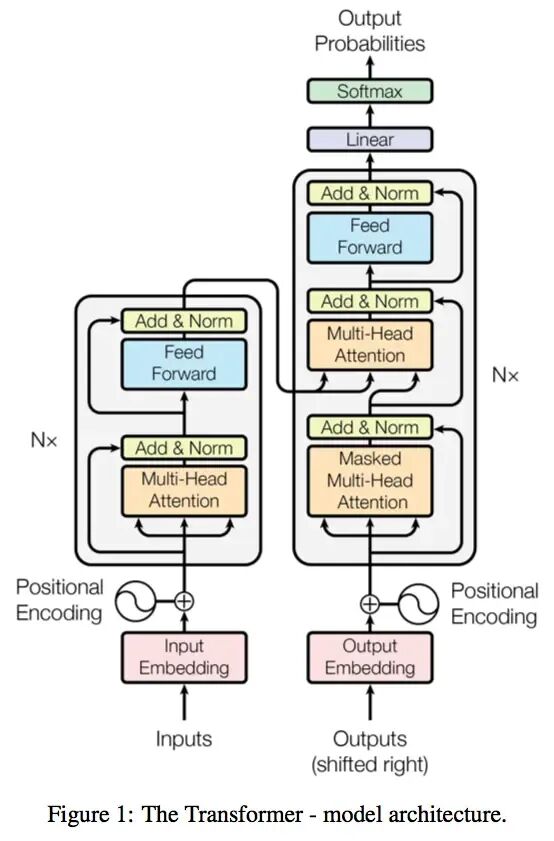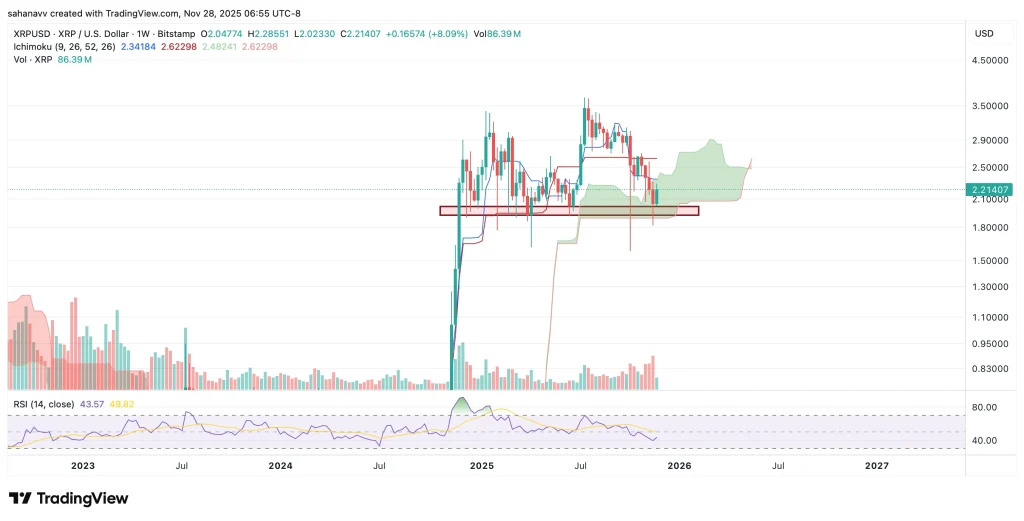The Organisation for Economic Co-operation and Development (OECD) warns that most people who hold or plan to buy crypto lack the money and digital skills they need, and this gap puts them at high risk of losing money, falling for scams, or facing technical failures.
The international organization of 38 mostly developed countries published the report on September 8, 2025, using data from 39 economies. It shows that crypto ownership is rising, especially among young people, but basic money and digital skills remain very low.
OECD says weak money skills increase risks for crypto investors
The OECD did a survey in 39 economies to test how well adults understand basic money issues and how they use digital financial tools . It was discovered that most people aren’t ready for the challenges of investing in digital assets.
The report shows that individuals lack the skills to recognize scams and understand how volatility affects the value of their holdings. Some don’t even know how to store and secure their tokens. These gaps increase people’s chances of losing money, being tricked by criminals, or making permanent mistakes.
According to the survey results, literacy scores across all 39 economies were only 53 out of 100. And that’s not even the most shocking bit. 71% of adults scored below the minimum basic level the OECD deems necessary for anyone to participate in digital finance.
On top of that, only 29% of adults worldwide and 34% in OECD countries meet the literacy target score of 70 out of 100. This means less than 1 in 3 adults worldwide, and only about 1 in 3 in developed economies, can responsibly handle digital finance’s risks.
The data also shows that even though only a few individuals own crypto-assets, awareness is already very high and spreading quickly. 41% of adults say they know about crypto-assets, but only 3.2% globally and 3.8% in OECD countries actually own them.
Economies like Luxembourg own 11%, Finland has 9%, and Ireland holds 8% of the total supply. This indicates that crypto is already mainstream in specific countries and a major part of investors’ portfolios. The OECD says these rising numbers will only multiply the risks because new market investors lack the literacy needed to protect themselves and their investments.
Perhaps the most shocking revelation is that 55% of crypto holders know these digital assets aren’t legal tender in their jurisdictions. Almost 50% of crypto owners think it works the same way as the official currency their government issues. The OECD says this misunderstanding would make such people take uncalculated risks that could devastate their finances.
The OECD also says that many people invest in cryptocurrency mostly because they fear missing out when prices rise or when they see friends and strangers online making quick profits. This herding behavior causes people to make poor decisions at the worst possible times.
Policymakers act to teach skills and protect retail investors
The OECD says policymakers need to act fast because many people and institutions risk their finances without properly understanding the risks involved. It urges the government and regulators to invest in financial education through programs that directly address the special dangers of crypto-assets instead of teaching only money lessons.
The report suggests that policymakers should add crypto topics to school programs and adult literacy courses. They should also teach basic digital security skills like setting up and managing wallets, keeping private keys safe, and identifying suspicious offers that may be scams or fake platforms.
The OECD also says economies need to make it clear to the public that crypto is not legal tender in most countries and that deposit guarantees rarely protect it. This means that an investor can never, however much they try, recover their funds if an exchange collapses or they lose their keys.
However, the OECD says education alone is insufficient because even well-informed investors also lose their money because of weak rules, poorly regulated markets, and platforms that ignore basic standards. Regulators must combine education with strong consumer laws to give people the knowledge and protections they need to reduce the risks.
Finally, the OECD says education should be continuous because digital finance is always changing with new products, markets, and platforms. So, governments should keep monitoring [progress to identify any gaps or outdated programs and make corrections before it’s too late.
Get seen where it counts. Advertise in Cryptopolitan Research and reach crypto’s sharpest investors and builders.



